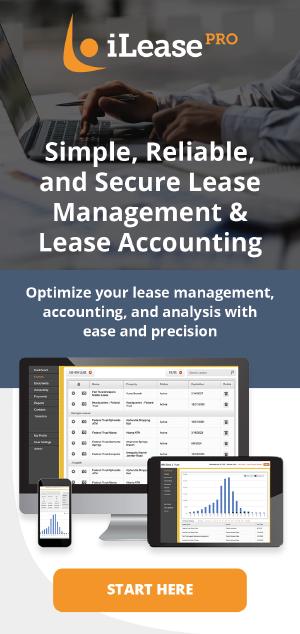Effective Strategies for Transitioning to ASC 842

We have extensively discussed how the implementation of ASC 842 (Lease Accounting) will impact the current and future books of companies across the board who are following GAAP principles. The goal of these changes is to streamline lease accounting, but the implementation process itself is rather complicated – especially if done manually.
FASB has offered several reliefs to organizations transitioning, which also includes shift of transition dates from December 31st, 2019 to December 31st, 2021. In this article, we will take a closer look at those effective dates and the transition approaches companies have at their disposal.
Effective Dates of ASC 842
FASB has thus far given organizations (referred to as entity in their notices) a lot of leeway, considering the complexity of the task. During the transition phase, entities can choose whether they want to apply the changes in ASC 842 on the effective date, recognizing the effect in their opening balance of the next year (in their equity), or a comparative option.
In the first option, i.e. the Effective Data Option, any and all adjustments made to their opening balance (equity) will report comparative figures (respective to periods) in the financial statement according to legacy GAAP, i.e., in accordance with the older version of ASC 842.
On the other hand, if an organization chooses to go with the Comparative Option, they can choose to elect the new changes in each topic at the beginning of the next period. The cumulative adjustment that will be presented because of this change will therefore be adjusted in the opening balance (equity) of the new period.
The effective dates for these changes are as follows:
- For Public business entities, the effective date for application of ASC 842 stood at December 15th, 2018, and the interim periods within that year.
- For other entities, including public business entities that are not for profit entities or have conduit debt and employee benefit plans that need to be filed with the Securities and Exchange Commission, the final date for applications of ASC 842 stood at Dec. 15, 2019.
- Due to the complexity presented by the implementation along with further changes being discussed, FASB chose to defer effective dates for entities other than public entities (mentioned in point 1) to 2020 via ASU 2020-05. These dates were first deferred to December 15, 2019, but now for “other entities” the date has been deferred to fiscal years that will start after December 15, 2021. The same is applicable for interim periods that will start after December 15, 2022.
- Despite these dates, entities are permitted – and even encouraged – to implement the changes early on.
There are several transition reliefs that FASB has offered to the transitioners – especially those transitioning early. These include optional accommodations (elected as a package), lease renewals and purchase options and land easements that we will discuss in a separate article.



